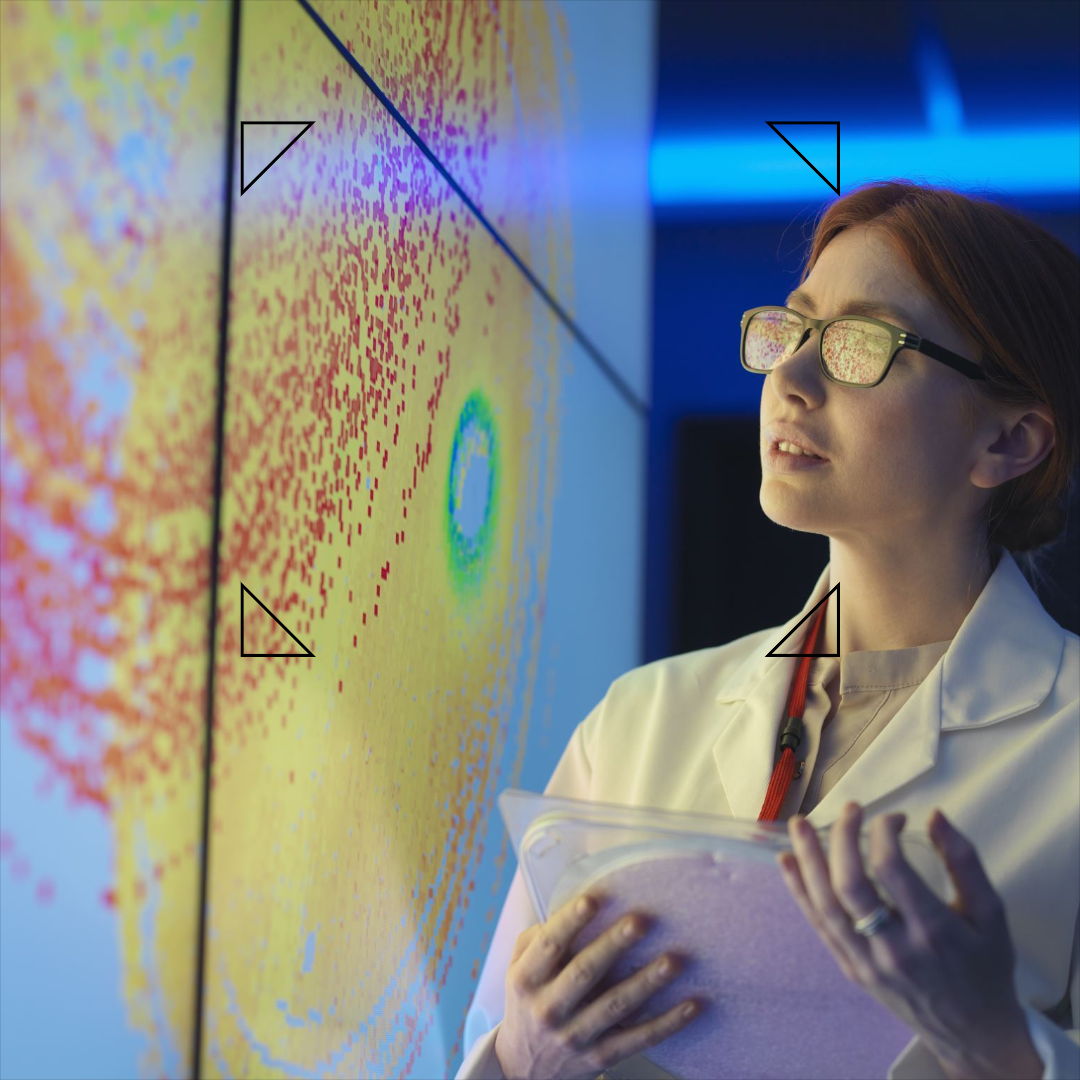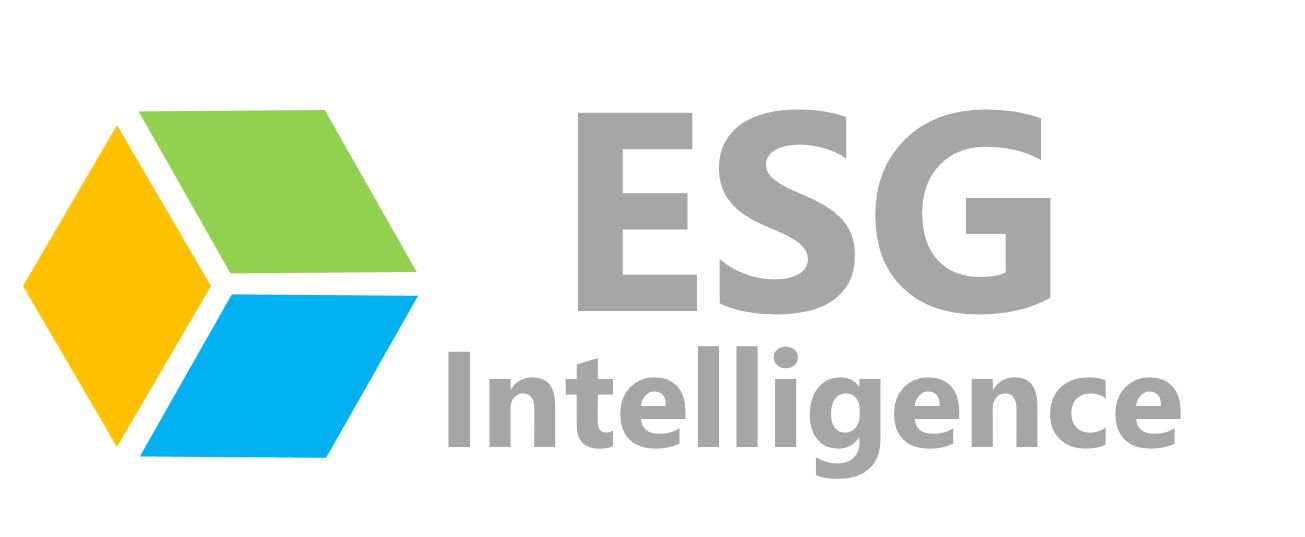
Artificial Intelligence (AI) has become a transformative force across various industries, and the healthcare sector is no exception. While some fear that AI will replace human jobs, the reality is quite the opposite. In the healthcare field, AI is proving to be a catalyst for job creation, especially for the youth. As AI technology continues to evolve, it presents new opportunities for young professionals to engage in innovative roles that enhance patient care, streamline processes, and revolutionize medical research. This article explores how AI is creating promising job prospects for the youth in the healthcare sector.
AI-Driven Medical Diagnostics and Imaging
One of the most significant areas where AI is making an impact is medical diagnostics and imaging. AI-powered algorithms can analyze vast amounts of medical data, including radiological images, pathology slides, and patient records. By doing so, AI can assist doctors in identifying diseases more accurately and swiftly, leading to better patient outcomes.
Youthful talents with a background in computer science, data analytics, and medical imaging are in high demand to develop and fine-tune AI algorithms for medical diagnosis. As they collaborate with healthcare professionals, these young individuals can contribute to the development of powerful diagnostic tools that can detect diseases at early stages, ultimately saving lives.
Personalized Medicine and Drug Discovery
The advent of AI has unlocked the potential for personalized medicine, tailoring treatments to individual patients based on their unique genetic makeup, lifestyle, and environmental factors. AI algorithms can analyze genetic data to predict a patient’s response to specific medications, enabling healthcare providers to prescribe the most effective drugs with fewer side effects.
In the field of drug discovery, AI has accelerated the process of identifying potential therapeutic compounds. Young professionals with expertise in bioinformatics, computational biology, and AI can contribute significantly to this area. Their work may involve using AI to analyze complex biological data, simulate molecular interactions, and identify drug candidates with higher success rates, reducing the time and cost involved in drug development.
Remote Patient Monitoring and Telemedicine
The global rise of telemedicine and remote patient monitoring owes much to AI technology. These platforms leverage AI algorithms to track and analyze patient data in real-time, allowing healthcare providers to remotely monitor their patients’ health conditions and intervene promptly when necessary.
The implementation and maintenance of such systems require a skilled workforce with expertise in AI, software development, and data security. Youthful professionals can seize opportunities to create and manage telemedicine platforms, ensuring that patients receive quality care from the comfort of their homes.
AI-Enabled Virtual Assistants and Chatbots
AI-powered virtual assistants and chatbots have revolutionized patient engagement and customer support in the healthcare sector. These intelligent systems can answer patients’ queries, schedule appointments, provide medical information, and even offer emotional support.
Youthful talents with a background in natural language processing (NLP) and AI can contribute to the development of advanced virtual assistants and chatbots. By refining these technologies, they can enhance patient satisfaction and streamline administrative tasks, freeing up healthcare professionals to focus on more complex medical issues.
AI Ethics and Policy Development
The integration of AI in healthcare also brings forth various ethical and regulatory challenges. Concerns regarding data privacy, bias in AI algorithms, and AI’s impact on patient-doctor relationships necessitate the establishment of robust policies and guidelines.
Youthful professionals with a background in ethics, law, and technology can play a pivotal role in shaping AI regulations in the healthcare sector. By participating in research, policy development, and advocacy, they can ensure that AI is utilized responsibly and ethically in patient care and medical research.
While the emergence of AI may initially raise concerns about job displacement, the healthcare sector is a prime example of how AI can create new and exciting job opportunities for the youth. As AI continues to evolve and revolutionize medical practices, young professionals with diverse skill sets, ranging from computer science to bioinformatics and ethics, can contribute to improving patient outcomes, streamlining processes, and shaping the future of healthcare.
As we move forward, it is crucial for educational institutions, governments, and the private sector to invest in training and nurturing these youthful talents. By harnessing the potential of AI and empowering the youth, we can build a more resilient and innovative healthcare ecosystem that ultimately benefits patients worldwide.
ESG Intelligence Platform
Check out the initiatives and innovations related to different ESG themes now!
